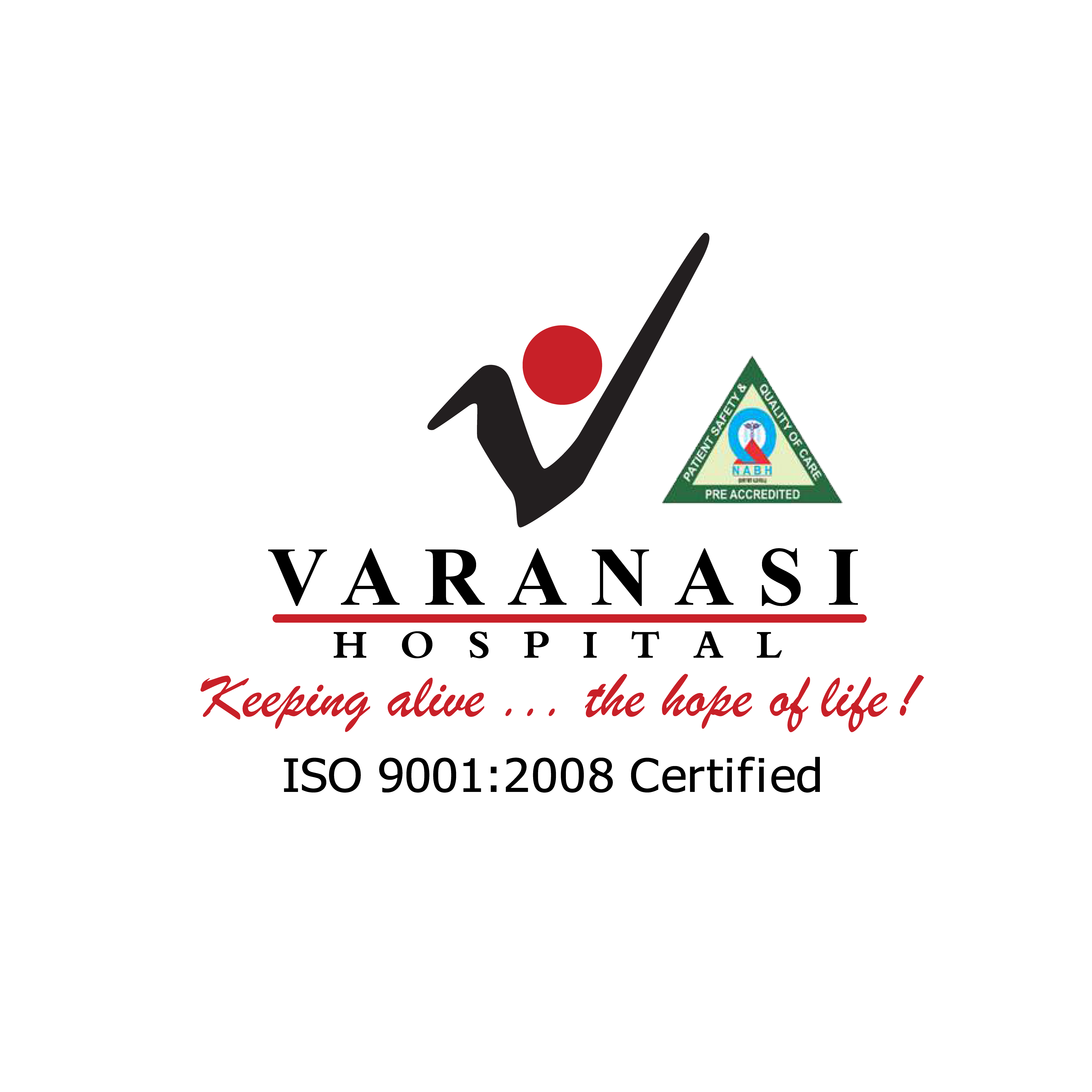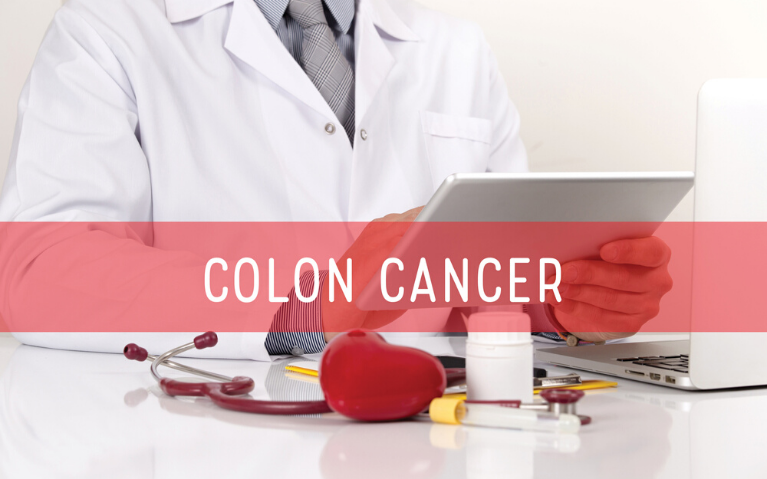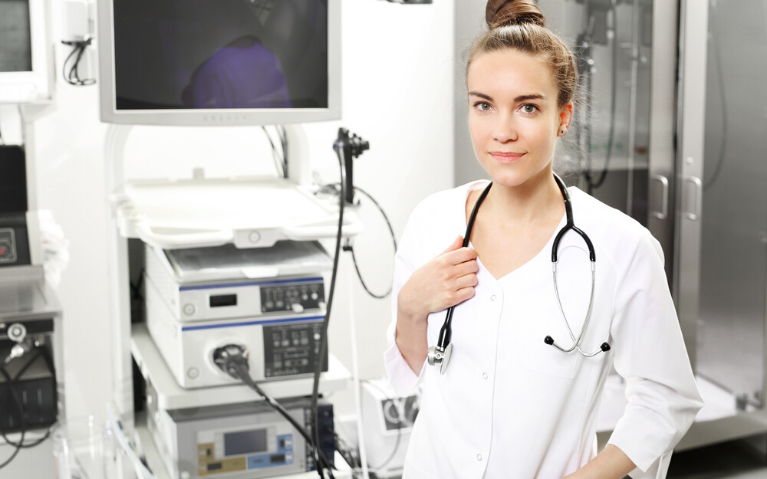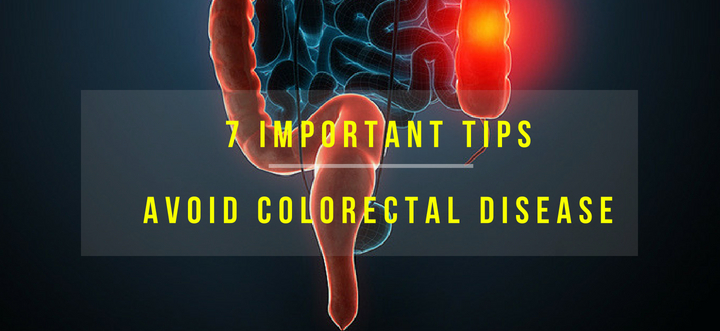Do You Have Colon Cancer And Require Colorectal Surgery? Find Here
Colon cancer or in better words, colorectal cancer, is cancer that initially occurs in the large intestine and gradually spreads to other parts if not treated on time. As evident, cancer is the abnormal and unrestrained growth of cells that becomes a tumor when clumped together and further deteriorates the functioning of the body’s immune system. The treatment suitable during the primary stages of colon cancer is colorectal surgery. However, when cancer reaches the last stages, certain treatment like the following are suggested by the medical practitioner:
– Chemotherapy
– Radiation therapy
– Immunotherapy
– Palliative care.
So, how would you find out if you have colon cancer or not? To find out, you need to check for the following symptoms:
• Constant changes in your bowel movements (diarrhea or constipation)
• Blood in the stool or dark stools
• Rectal bleeding
• Thin stools
• Abdominal pain
• A feeling of incomplete bowels or tenesmus
• Gas and bloating
• Weakness and exhaustion
• Cramps in the abdomen
• Unpredicted weight loss
• Unexplained anemia
• Iron deficiency or anemia
• Dyspnoea or shortness of breath.
In extreme cases (final stages) of colon cancer, the symptoms intensify causing trouble to the sufferer. The signs that your colon cancer is inching close to the end stages are as follows:
• Chronic headaches
• Blurry or hazy vision
• Pelvic pain
• Loss of appetite
• Nausea and vomiting
• Jaundice.
The important thing to ascertain is whether you’re at a risk of developing colon cancer or not. Let’s find out what makes someone more prone to suffer from colon cancer or simply the causes of colon cancer:
1. Overweight or obesity.
2. Old age.
3. Smoking.
4. Diabetes.
5. Overconsumption of red meat.
6. Low-fiber diet.
7. Alcohol consumption.
8. History of colon polyps (cluster of cells present in the colon).
9. Stationary or sedentary lifestyle.
10. Genetics.
Now, the question arises, how would the doctors find out if it’s colon cancer or something else? The diagnostic examination for colon cancer are as follows:
• Physical exam (by pressing on the patient’s abdomen to check for polyps)
• Blood tests (kidney and liver function tests)
• Colonoscopy
• Barium enema X-rays
• CT Scan.
Everything is treatable when diagnosed at an early stage. Open or laparoscopic colorectal surgery can be performed to treat colon cancer. Laparoscopic surgery is also called minimally-invasive surgery. We, at Varanasi Hospital, provide laparoscopic surgery with the help of skilled laparoscopic surgeons.




